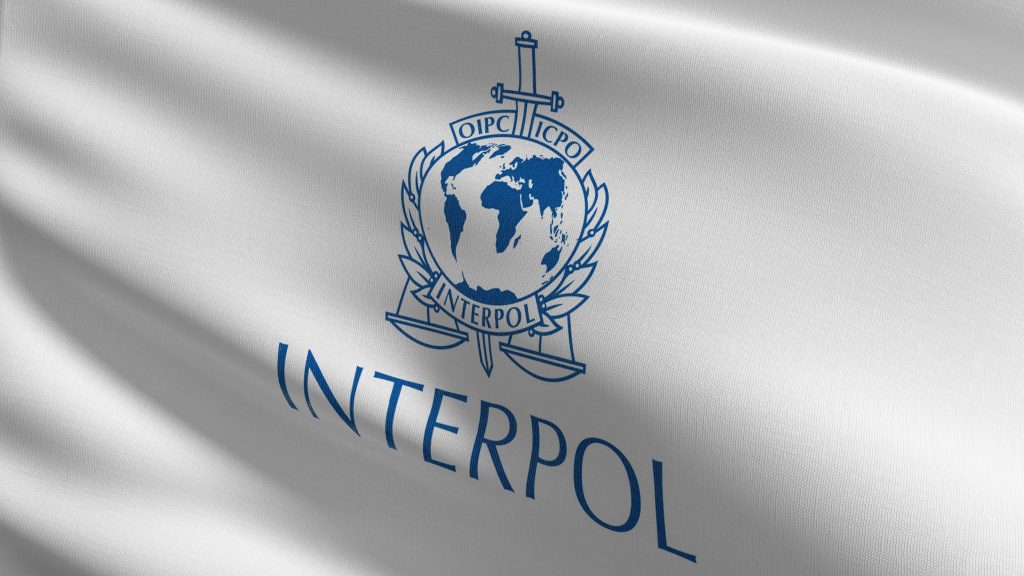We have written recently about Red Notices emanating from Central and South America. As Red Notice experts, we’ve seen the case of two Salvadoran human rights defenders now serve as a timely reminder of the risks associated with the issuance of Red Notices in the region.
It is notable that the United Nations has also spotted the issue. On 19th November, UN human rights experts issued a statement expressing concern about Interpol Red Notices issued against Ivania Cruz and Rudy Joya, two human rights defenders currently seeking asylum in Spain.
Both defenders work for UNIDEHC, a non-governmental organisation that has been supporting the La Floresta community in El Salvador, who have been facing forced eviction since 2024. The Salvadoran authorities have targeted the organisation since February 2025 in connection with this work.
Cruz and Joya fled El Salvador to escape what they describe as harassment stemming from their human rights activities. Despite their asylum applications in Spain, a Salvadoran court ordered the Interpol National Central Bureau to request Red Notices in May 2025. Interpol confirmed the issuances in July.
In September, Joya was detained after presenting himself to Spanish authorities, whilst Cruz was also summoned to appear before a specialised court. Both have been ordered to sign in at a local court every 15 days, surrender their passports, and report any change of address.
The UN experts did not mince words. They described the issuance of the Red Notices as constituting a “grave misuse of the law enforcement mechanism” and an act of transnational repression. They expressed dismay that Interpol would issue notices “that facilitate transnational repression without due diligence as to the background of the individuals against whom the red notices are being issued.”
The statement pointed to Articles 2 and 3 of Interpol’s Constitution, which prohibit the organisation from undertaking activities of a political nature and require it to act in the spirit of the Universal Declaration on Human Rights.
There is an increasing appetite for the use of Red Notices globally. They remain a critical tool for law enforcement and international cooperation. But that does not mean the system is perfect. As international Red Notice lawyers, we see cases like this heighten the need for vigilance to ensure that Red Notices are not weaponised for political purposes or used to pursue individuals engaged in legitimate activities.
The UN experts have called on Interpol to revoke the Red Notices immediately and on Spain to refuse to accede to them, ensuring the safety of Cruz and Joya by rejecting their forcible return to El Salvador.
You can read the United Nations decision here: https://www.ohchr.org/en/press-releases/2025/11/un-experts-concerned-weaponisation-interpol-red-notices-against-human-rights
These are precisely the issues we will be addressing when we speak in Buenos Aires at the beginning of December at the seminar on Transnational Organised Crime: Challenges and Answers from International Criminal Law. The misuse of international law enforcement mechanisms, including Red Notices, and the challenges of transnational repression will be central to those discussions.
—
Image: Unsplash



